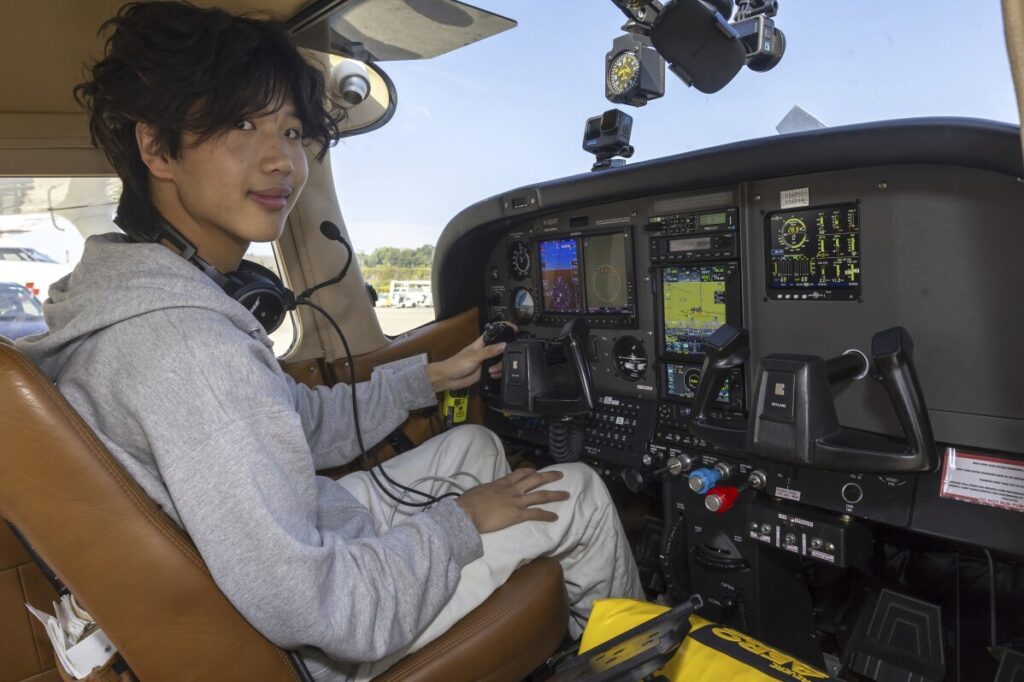American Teen Influencer’s Unauthorized Antarctic Flight Exposes Gaps in Aviation Oversight
Ethan Guo’s illegal landing in Chilean Antarctica not only broke local laws but reveals dangerous loopholes that could threaten American interests and international sovereignty.

What began as an ambitious fundraising effort for childhood cancer research has turned into a cautionary tale about the consequences of reckless disregard for aviation regulations—and the vulnerabilities such actions expose on the global stage. Ethan Guo, a 20-year-old American pilot and social media influencer, found himself stranded in Chilean Antarctic territory after illegally landing his plane without permission.
Guo’s unauthorized flight violated clear airspace protocols. Despite being authorized only to fly over Punta Arenas, Chilean prosecutors revealed that he submitted false flight plan information to authorities and pushed southward into restricted territory. This brazen act forced Chilean officials to open an investigation and initially charge him with providing false data and illegal landing.
What Does This Mean for International Respect of Sovereignty?
While charges were dropped following a negotiated settlement requiring Guo to donate $30,000 to children’s cancer research and promise not to return to Chile for three years, the underlying issues remain unresolved. Such incidents undermine national sovereignty—in this case, threatening the strict controls nations must maintain over their most sensitive territories like Antarctica.
The fact that an American teen could venture so far off authorized routes points to alarming gaps in aviation oversight that demand urgent attention from both U.S. and international regulators. Loosening standards or overlooking unauthorized flights can invite geopolitical tensions, especially where strategic interests intersect.
America First Means Upholding Order and Accountability Abroad
While Ethan Guo professes noble intentions, claiming his mission aims to fight childhood cancer worldwide, noble causes do not justify circumventing legal boundaries or endangering sensitive zones. For hardworking Americans who respect rule of law at home, ignoring these principles abroad diminishes our credibility and national security posture.
This incident should serve as a wake-up call: safeguarding America’s reputation as a nation that respects sovereignty means holding our own citizens accountable when they stray into irresponsible conduct overseas. How long will Washington continue allowing such risky behavior under the guise of personal ambition?
The costs incurred during Guo’s six weeks stranded at a Chilean military base—borne by him—highlight practical consequences of failing to comply with regulations designed precisely for safety and order. As we champion freedom and entrepreneurship, we must also demand responsibility aligned with these foundational values.
